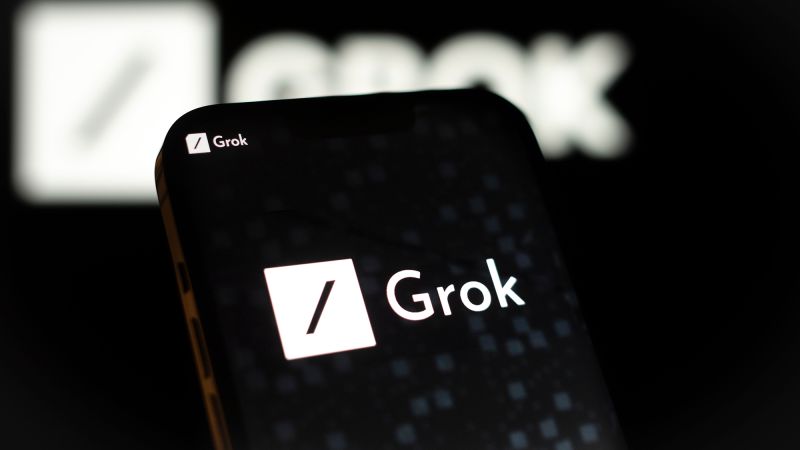Elon Musk’s AI chatbot Grok, created by his artificial intelligence startup xAI, allowed users to create AI-generated images from text prompts and post them to X. Shortly after its release, people began using the tool to flood the social media site with fake images of political figures like former President Donald Trump and Vice President Kamala Harris, as well as Musk himself, often depicting them in false and disturbing situations. Unlike other mainstream AI photo tools, Grok appeared to have few guardrails and could generate misleading images of politicians in tests conducted.
Some X users posted images created with Grok showing figures consuming drugs, committing violent acts, and in sexualized situations. The tool was capable of creating such images, leading to concerns about the spread of false information online, particularly ahead of the US presidential election. Lawmakers, civil society groups, and tech leaders have raised alarms about the potential misuse of AI tools like Grok causing confusion and chaos for voters.
While many AI companies have taken steps to prevent their tools from being used for political misinformation, Grok initially lacked such safeguards. Other social media platforms have implemented measures to label AI-generated content to help users identify it. X did not respond to inquiries about policies against Grok generating potentially misleading images of political figures. By Friday, xAI had introduced restrictions on Grok, disallowing images of political candidates or recognized cartoon characters engaging in violence or hate speech symbols.
X has a policy against sharing manipulated media that could deceive or harm people, though it’s unclear how strictly this policy is enforced. Musk himself shared a video on X that used AI to depict Vice President Harris saying things she didn’t, in violation of the policy. The launch of Grok comes amidst criticism of Musk for spreading false claims related to the presidential election on X and hosting former President Trump for a livestreamed conversation with numerous false statements.
Other AI image generation tools have faced issues as well, with Google and Meta pausing certain features due to concerns about accuracy and depiction of racial stereotypes. Grok appears to have restrictions on generating certain types of content, such as nudity or promoting harmful stereotypes and hate speech. Despite these restrictions, the tool was able to create an image of a political figure alongside a hate speech symbol, suggesting inconsistent enforcement of the limitations. CNN’s Jon Passantino contributed to the report, which was updated to reflect changes made to Grok by xAI.


